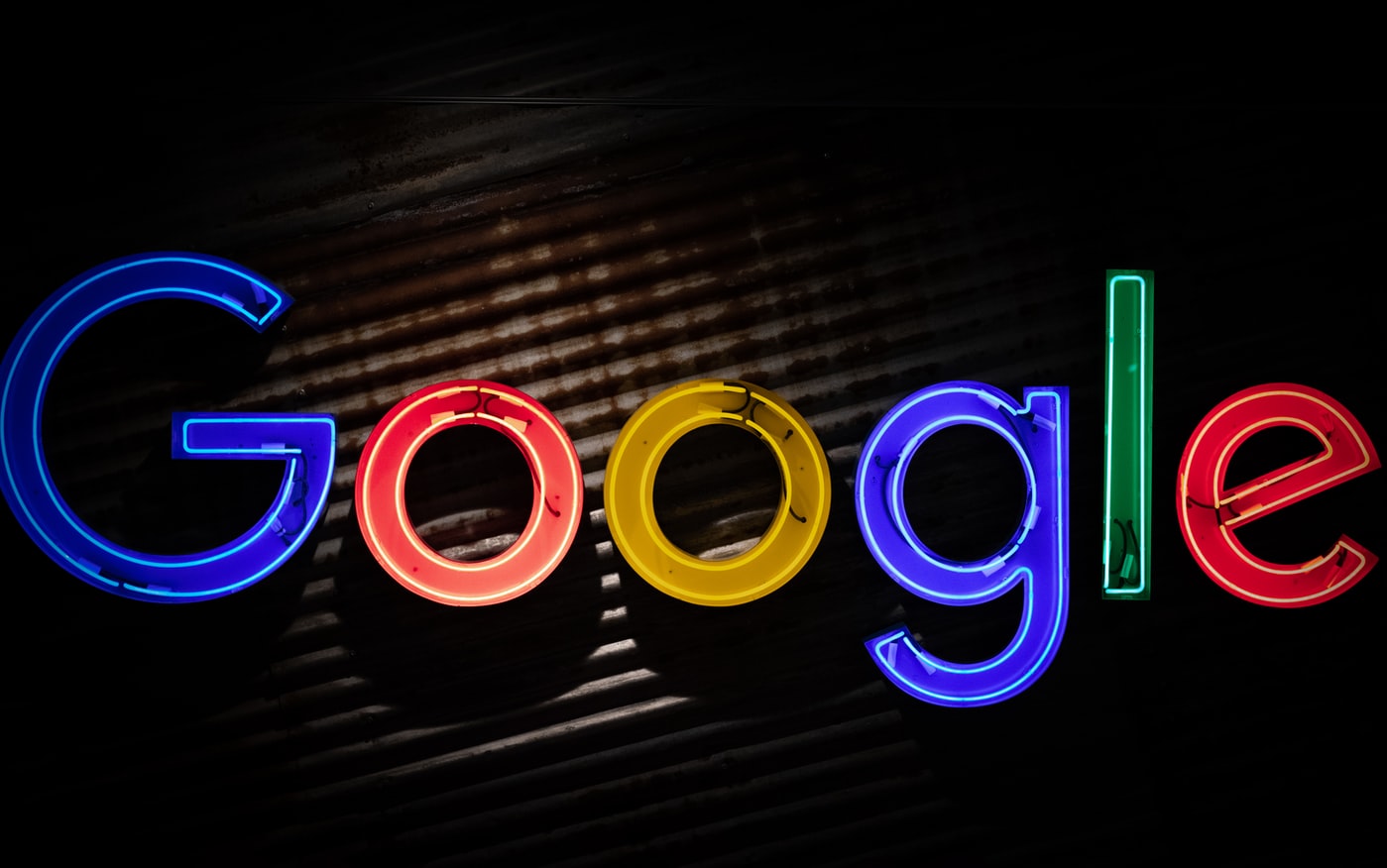Here’s how and why Google celebrated with the pandemic. Wsj report

The pandemic has turbo-charged Google's advertising business. The deepening of the Wall Street Journal
Google experienced historic sales growth and nearly doubled its profit in the third quarter, as small businesses poured money into digital ads targeting customers whose purchases have moved online.
The strong results underscored how the pandemic has turbo-charged the company's advertising core business. With retail traffic declining, merchants have turned to Google to promote their products, delivering the kind of quarterly sales growth the search giant typically sees over a two-year period in just one year.
Alphabet said on Tuesday that revenue increased 41% to $ 65.12 billion, its largest in 14 years. It recorded a profit of $ 21.03 billion, nearly three times what it reported before the pandemic – reports the WSJ .
The sizzling digital ad market has accelerated this year, with global spending growing 26%, compared to previous projections of 15%, according to GroupM, a media-buying company. Much of this boon has gone to Google, which has a dominant share of global internet searches, digital browsing and online video.
The company's advertising business – led by Search, Maps and YouTube – reported $ 53.13 billion in advertising sales, a 43% increase.
Much of Google's growth has come from ecommerce advertisers eager to reach customers whose product searches start online. The company teamed up with Shopify Inc. this year to simplify search listings and ad shopping for 1.7 million merchants. The effort, which aimed to revive its ecommerce segment, helped transform retail ads into Google's biggest growth contributor.
In recent months, the search giant's retail ad segment has benefited from the new privacy policy Apple Inc. has rolled out. Since April, the iPhone maker has been requiring applications to ask users if they want to be tracked. The changes weakened the performance of ads on Facebook Inc. and Snap Inc. according to ad buyers and small businesses. Many brands have shifted their spending to Google as a result.
"In the land of the blind, the one-eyed man is king," said Brian Wieser, GroupM's global president of business intelligence. "Any data they have [to Google] is better than what many others have."
YouTube was another major driver of Google's advertising revenue. The video giant reported that revenue grew 43% to $ 7.21 billion in the quarter. The business is on track to generate nearly the same amount of revenue this year as Netflix Inc, a subscription business valued at nearly $ 300 billion.
While Snap and Facebook warned that Apple's rules would cut future sales, Google has yet to report whether it expects to be hit. The company relies on data from iPhones and iPads to target and measure some of the inventories it sells. As a result, analysts expect her search activity to be unaffected, but her YouTube and mobile ad placement activities will suffer.
Regulators and lawmakers present perhaps the biggest challenge to Google's continued commercial success. Last week, Texas and more than a dozen state attorneys general filed an uncensored suit against Google. They highlighted how the company takes 22% to 42% of the ad spend that goes through its system, two to four times more than competing ad exchanges.
Google also faces antitrust lawsuits from the Department of Justice and a separate coalition of states, claiming the company has made secret deals to favor its search engine and advertising activities and thwart competitors. In July, a third coalition of states led by Utah filed a lawsuit against Google's app store Play.
Google called the cases flawed and said it collects lower rates for ads than the industry average. In reference to the app-store cause, the company said its open operating system allows customers to download applications directly from developers' websites.
The company has already made changes to its business that address some regulatory criticism. Last week, it slashed its app subscription fee cut to 15% from 30%, a move analysts expect to cut total revenue next year.
Investors have largely discounted such changes, as long as Google's core search business remains strong. Shares of Alphabet were up nearly 60% this year through the close on Monday.
"The biggest challenge for Google, alongside handling regulatory animosity, is the law of large numbers," said analyst Richard Kramer, founder of London-based consultancy Arete Research. In the absence of competitive threats, he said the question is, "How do they sustain growth when 10% growth means finding another $ 10 billion in revenue?"
Google's new bets have yet to show that kind of potential. Nearly a decade after it began developing driverless cars, the tech giant's Waymo subsidiary has yet to generate revenue. His Verily Life Sciences unit, which conducts health research, hasn't generated the kind of transformative sales it would need.
Google's cloud-computing business has shown most of the promise. After investing heavily in the past few years, the division has begun to gain market share behind leaders Amazon.com Inc. and Microsoft Corp. representing 41% and 20% of the market respectively.
Google, which falls behind with a 6% share, reported that cloud sales increased 45% to $ 4.99 billion over the period.
This is a machine translation from Italian language of a post published on Start Magazine at the URL https://www.startmag.it/innovazione/google-pubblicita-online/ on Sun, 31 Oct 2021 07:34:11 +0000.
